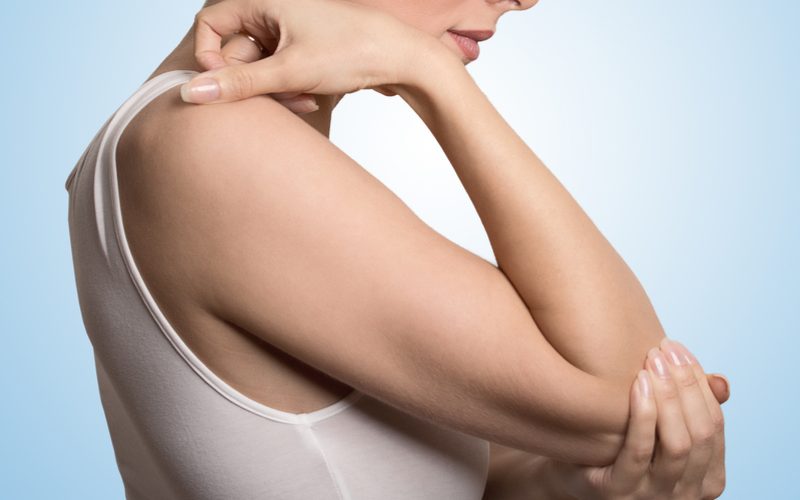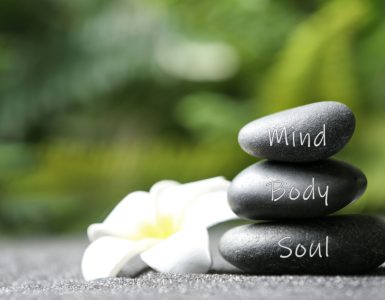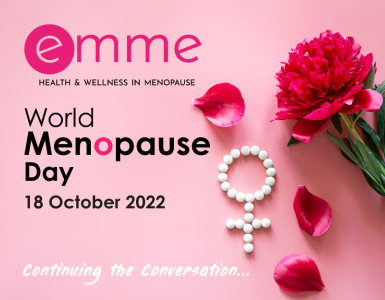Sue Bedford (MSc Nutritional Therapy)
Almost every woman will experience menopause at some point in her life. Although the menopause is a natural part of life, cultural and social factors play a significant role in how women react to it.
Until now, it has not been discussed openly or in great depth in the Western world. Many women are not in fact aware of it until they start to go through it, with unexpected symptoms suddenly developing such as hot flashes, sleep disturbances, mood swings, weight gain- to name a few, which can come as quite a shock to many women!
Bone health can also be affected in some and can raise the risk of developing Osteoporosis, a condition in which bones become thin (less dense) and susceptible to fracture. Increased bone loss is caused by the reduction in oestrogen levels that happens around menopause. In the first five years after menopause, women are thought to lose up to 10% of their bone mass on average.
Why is it so important to look after our bone health?
Bones are so important to our health for movement, structure and provide protection to some of our vital organs. Bones look solid but they are actually quite porous and become increasingly porous as we age.
There are some special cells inside our bones called Osteoblasts which are responsible for building up bone and others called Oesteoclasts which are responsible for the resorption or removal of bone. During the perimenopause and menopause, due to a decline in oestrogen, the activity of the Osteoclasts is greater than that of the Osteoblasts, meaning that more bone is often removed than created and that bone density and mass are lost. Women’s bone mass peaks at the age of 25-30 and remains relatively steady until the menopause. Then, as oestrogen levels drop, bone density may suffer as well.
One in every two women over the age of 50 may be affected, depending on where they live and their cultural and societal influences (more on this to come). Early menopause (before the age of 45) and any extended period when hormone levels are low and menstrual cycles are missing or rare can also lead to bone loss, as can certain medications such as steroids and also if you suffer from inflammatory bowel disease.
What is Osteoporosis?
Osteoporosis is a bone disease which involves a gradual loss of bone tissue, leaving the bone less dense and more prone to fracture.
How is Osteoporosis diagnosed?
A bone density scan (DEXA scan) is used to determine bone density (or thickness) in the lower spine and upper hip. A Z-score and a T-score are used to describe the findings of a DXA scan. The Z-score compares your bone mass to what would be predicted for your age group. The T-score indicates how far your bone mass differs from that of a young person at their peak.
What changes can we make to our diet to help slow down the progression of Osteoporosis?
In terms of the perimenopause and menopause, research has shown that a Mediterranean-style diet is the healthiest to try to follow. To improve bone health, this diet should include plenty of fruits, vegetables, whole grains, lean protein, nuts, legumes, and low-fat dairy whist limiting sugar, fat, and overly processed foods.
Other key factors include:
- Ensure you are taking in enough vitamin D3 – aside from sunlight, good dietary sources include egg, butter, breakfast cereals, canned sardines and salmon, tofu and green leafy vegetables.
- Maintain adequate daily calcium intake- good sources include dairy, green vegetables, tofu, dried apricots
- Magnesium is important for healthy bones as it aids in the metabolization of calcium and the conversion of vitamin D to the active form required for calcium absorption
- Limit alcohol
- Stop smoking
- Cut down on caffeine as this may cause your body to excrete calcium more quickly
- Include weight bearing exercise into your daily regime such as lifting weights, walking and dancing.
Did you know?
Perimenopause and menopausal symptoms have been found to be significantly less common in societies where menopause is seen positively, such as rural Mayan Indians, whose women show no indication of osteoporosis despite their hormonal rhythms being identical to postmenopausal women in the United States…I will explore this topic further in a future article.
Want to read more?
Beyene Y, Martin MC. Menopausal experiences and bone density of Mayan women in Yucatan, Mexico. Am J Hum Biol. 2001 Jul-Aug;13(4):505-11. doi: 10.1002/ajhb.1082. PMID: 11400221.
















